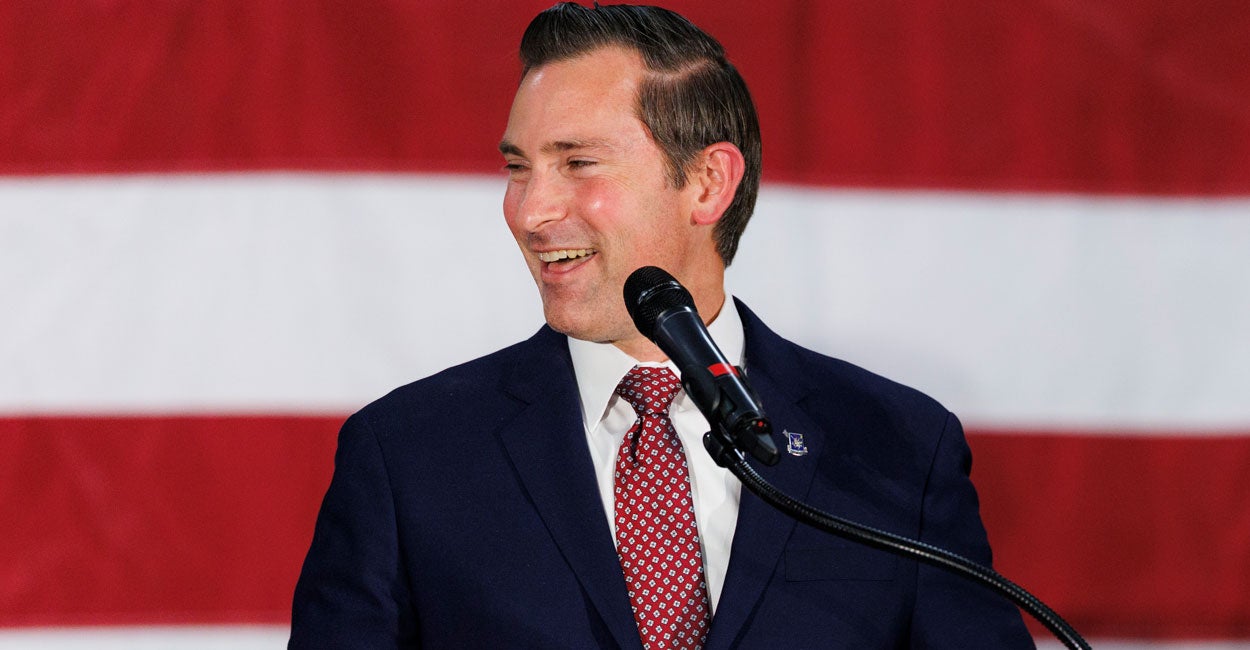To Fight Fake News, We Must Rein in AI

The promise of artificial intelligence is undoubtably exciting and possesses the ability to further human flourishing. AI is also transforming and challenging almost every traditional notion. But with great change comes potentially damaging market distortion. Specifically, AI may be creating an acute crisis to our media landscape and even how we access information as it continues to degrade our concept of intellectual property rights.
The central issue concerns whether any person owns their own words or thoughts if they put them online. Big Tech companies don’t seem to think so. In fact, they seem to view these property rights as an inhibitor to AI and that they should be free to use all data (including those that are clearly copyrighted) with reckless abandon.
Indeed, the AI era may mean the end of owning your own content once it can be accessed on the web. As one commenter describes, “[c]ontent creators’ work has been used or ‘scraped’ [by large AI companies] without permission and without compensation.” This implies that they can use your face, voice, words, or written thoughts in any way they choose, and you wouldn’t be entitled to a dime, while they rake in billions on your likeness and work.
But this issue is more than just about sour grapes over a licensing fee between AI companies and the press. The underlying issue could have grave implications.
To understand why, let’s start with our nation’s priors. Securing intellectual property rights was so essential to our democracy that the Framers found it prudent to incorporate it in Article I of our Constitution. There’s good reason they did. The Framers viewed intellectual property akin to physical property because providing exclusive (albeit limited) rights for such works “enable[s] th[e] marketplace for creative works.”
What’s more, copyright is critical to break up the centralization over news, while creating a more sustainable press industry at large. Indeed, smaller, conservative publications, like the Daily Wire, the Daily Caller, and Blaze Media, use paywalls to justify the massive investments and extreme risks it takes to compete with larger organizations, like the New York Times and the Washington Post. Better yet, these outlets, armed with copyright protections, are outpacing the larger providers.
This is a net positive for society because healthy competition in media markets means more diversity of opinion. This is especially needed as larger, metropolitan papers continue to run local news outlets out of business.
However, Big Tech AI companies can upend all these positive gains entirely if the status quo continues. In no uncertain terms, if AI is permitted to recklessly crawl the internet, even past paywalls, then we’ve effectively stripped these smaller companies of their competitive advantage and, worse, solidified these Big Tech companies to be the ultimate distributor of our information for good.
Given Big Tech’s penchant for censoring content that runs counter to their worldview, this is a terrible outcome. Especially when one considers that AI is even replacing actual journalists. As Forbes reported, “One of the increasingly common ways that we’re seeing AI being used with journalism and news is with automated news writing.” This will increasingly be a huge problem for those seeking objective journalism given that, as the Brookings Institution described, “there is a clear left-leaning political bias” to AI-generated responses. If this becomes more ubiquitous, so too will media bias.
To combat this, we must maintain human reporting to counterbalance the rapacious efficiency and proliferation of AI-generated stories. A way to do that is to give traditional news agencies a fighting chance by allowing them to protect their intellectual property rights. One that prohibits Big Tech from using their articles without their permission or at the very least requires them to ask the authors to opt in or otherwise not go behind their paywalls.
Big Tech AI companies, like Google and Meta, argue that unfettered use to this data and the degradation of our basic understanding of intellectual property rights is paramount to ensure our dominate position in AI over China.
But that’s complete hokum, given their blind acquiesce to China at every turn, especially on AI. Google, for example, negotiated “with the Chinese government to develop a censored search engine known as Project Dragonfly.” There’s strong evidence to suggest that Meta may have provided the Chinese Communist Party with “AI tools” to surveille its citizens. Apple has a multibillion-dollar deal with the CCP to degrade its encryption on Mainland China and has called China one of the most important partners in its supply chain.
They are hardly our national AI champions.
Let’s be clear, Big Tech’s actions here have nothing to do with innovation. Rather, Big Tech companies understand that degradation of intellectual property rights only helps them obtain more market dominance over our data and information. To ensure a diversity in our news, our government must turn its attention to ensuring that intellectual property is maintained and not eliminated by AI.
We publish a variety of perspectives. Nothing written here is to be construed as representing the views of The Daily Signal.
The post To Fight Fake News, We Must Rein in AI appeared first on The Daily Signal.
Originally Published at Daily Wire, Daily Signal, or The Blaze
What's Your Reaction?
 Like
0
Like
0
 Dislike
0
Dislike
0
 Love
0
Love
0
 Funny
0
Funny
0
 Angry
0
Angry
0
 Sad
0
Sad
0
 Wow
0
Wow
0










































































